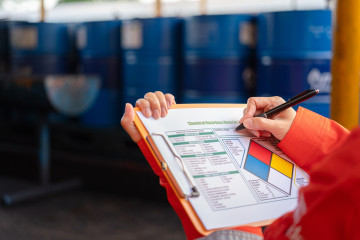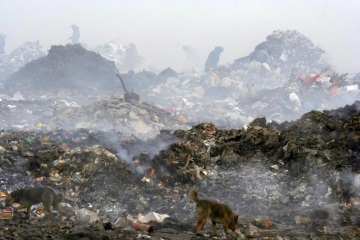

Waste and Materials Management
Do you have any questions?
- United States
- Services
- Waste and Materials Management
Waste, Chemical, and Materials Management
The views and regulations on Waste, Chemical, and Material management are continually evolving. Every day, new technology, policies, and trends are emerging to help improving recycling, minimize waste generation, sustainably manage raw materials and byproducts, and address issues throughout the value chain. In the United States, we have begun to see changes and new laws at both the federal and state level to address Waste and Material. Recently, two bills were introduced to Congress on this topic. The Secure E-Waste Export and Recycling Act, and the Recycling and Composting Accountability Act, both would promote recycling and diversion of common materials from landfills. At the State level, several states have published and enacted Extended Producer Responsibility (EPR) legislation to target specific materials from entering the landfill. Such as the Producer Responsibility Program for Statewide Recycling Act that was passed in Colorado to address the recycling of paper and packaging materials. Outside of legal requirements, companies of all sizes are creating their own paths to reduce waste and push for more sustainable material management.
Antea®Group combines strategy and proven solutions to ensure both regulatory compliance, and a sustainable path forward for your Waste and Materials journey. We have crafted development of Waste, Chemical, and Material strategies for many industries, from high-end retail to consumer beauty and cosmetics, to manufacturing and logistics, energy, and technology. While capable of working across several industries, we create specialized solutions for each client, helping develop a unique plan that will meet your business needs.












